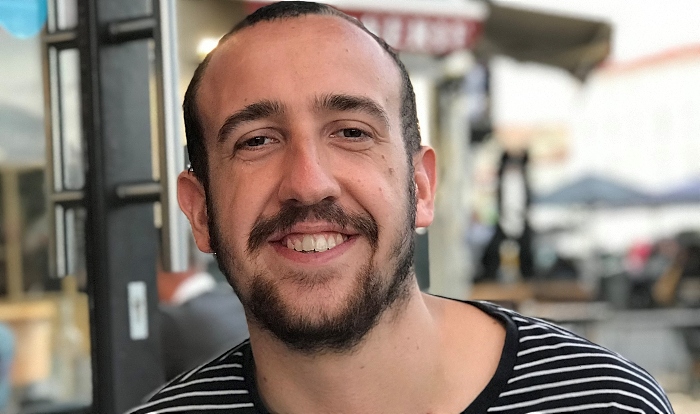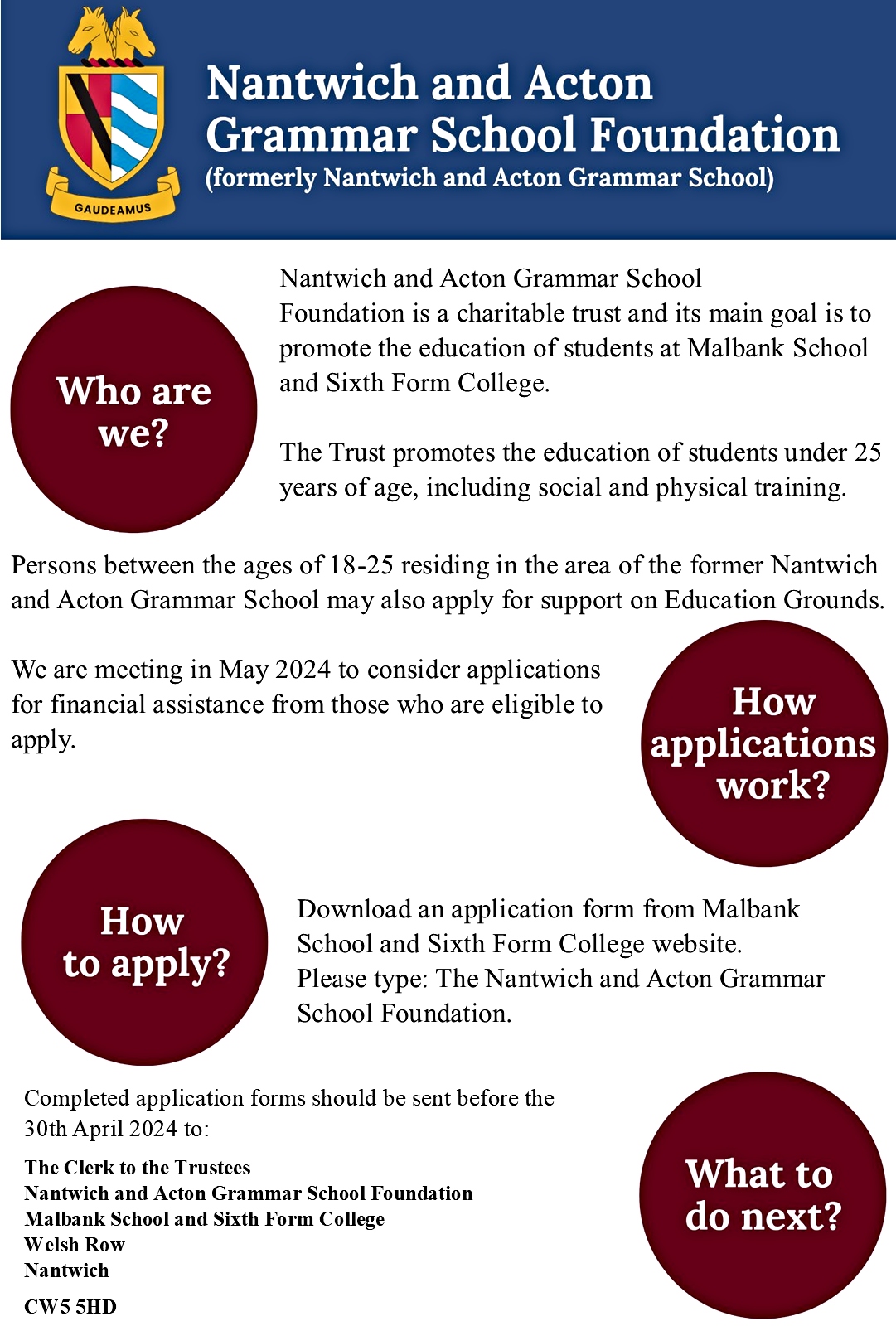
The Nantwich parents of David Nash who died after not being able to see his GP face to face, hope his inquest will raise awareness of health system issues.
David died in November 2020, aged 26. In the three weeks before his death he contacted his GP practice four times but was only allowed telephone consultations.
The Leeds University law student, who suffered ear problems as a child, had complained of neck lumps, ear pain, fever and blood in his urine to his GP in that period.
Each time he was warned not to go in person due to the practice’s Covid-19 policies.
On November 2 2020, he became delusional after a sleep, and David and his partner Ellie consulted with NHS 111 on several occasions.
Operators did not pick up on David’s underlying condition of mastoiditis.
He ended up in so much pain he called an ambulance and was taken to St James’ University Hospital where specialists diagnosed suspected meningitis or encephalitis.
But his condition worsened, he fell from his hospital bed and hit his head and was rushed to Leeds General Infirmary’s critical care unit.
Despite attempts bu intensive care staff, David died on November 4, 2020.
Now his Nantwich parents Ann and Andrew Nash hope the inquest at Wakefield Coroner’s Court, which starts today (January 16) will raise awareness of various issues.
The two-week hearing will explore the various contacts with his GP practice – Burley Park Medical Centre – and the issue of him not having been at a face to face meeting at any point as well as the treatments received at hospital when he attended.
Iain Oliver, partner and clinical negligence solicitor at Ison Harrison solicitors, said: “David’s family would like the inquest into his tragic death to raise awareness of various issues, including the need for GP practices to see patients face to face to enable proper assessment of conditions to be made that will be missed during a telephone consultation.
“They would also like to highlight the need for continuity of care within GP practices to ensure that the patient is considered holistically, particularly where there are repeated consultations for a developing condition that may be identified by such an approach.
“Additionally, the family wishes to highlight the limitations of the NHS 111 algorithms.”

















Recent Comments